11 GPTs for Information Management Powered by AI for Free of 2025
AI GPTs for Information Management refer to the utilization of Generative Pre-trained Transformers in the field of managing, organizing, and processing data and information. These tools leverage the capabilities of GPTs to automate and enhance various aspects of information management, including data analysis, document processing, content creation, and knowledge extraction. By employing natural language processing and machine learning, AI GPTs offer tailored solutions that improve efficiency, accuracy, and accessibility in handling information.
Top 10 GPTs for Information Management are: DoctorGPT,PARA GPT,Bookmark Manager,CT | Mind Palace 🧠,社交网络,Deidentymate,table,One Line Comma Separated,Listy Recipe Maker,JSON Transformer
DoctorGPT
Empowering Healthcare Learning with AI

PARA GPT
Harness AI for Smart Digital Organization
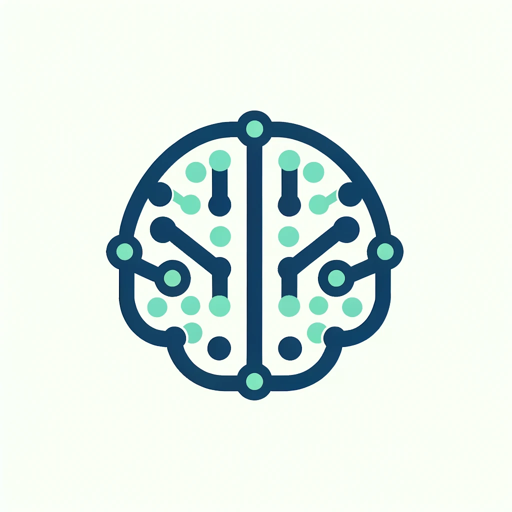
Bookmark Manager
Your AI-Driven Bookmarking Companion

CT | Mind Palace 🧠
Harness AI to master information
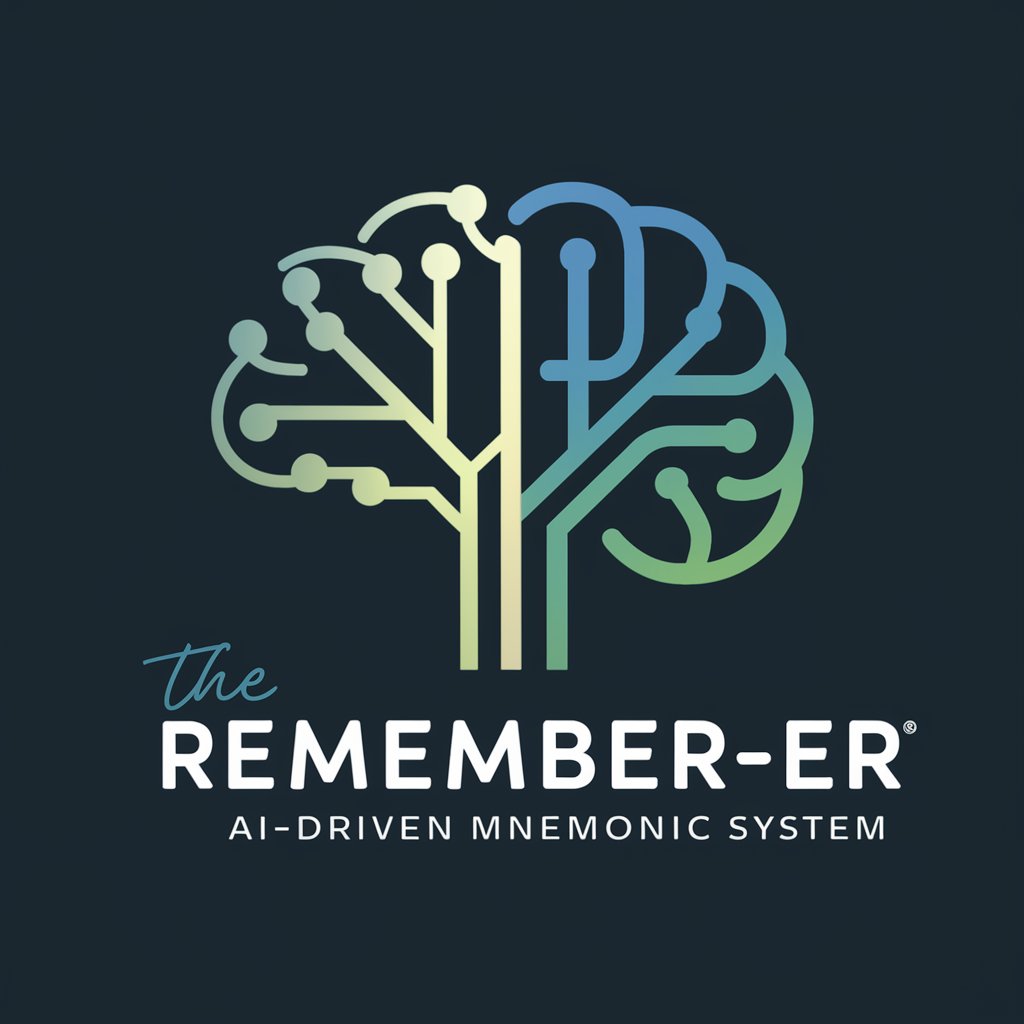
社交网络
Organize your network with AI precision.
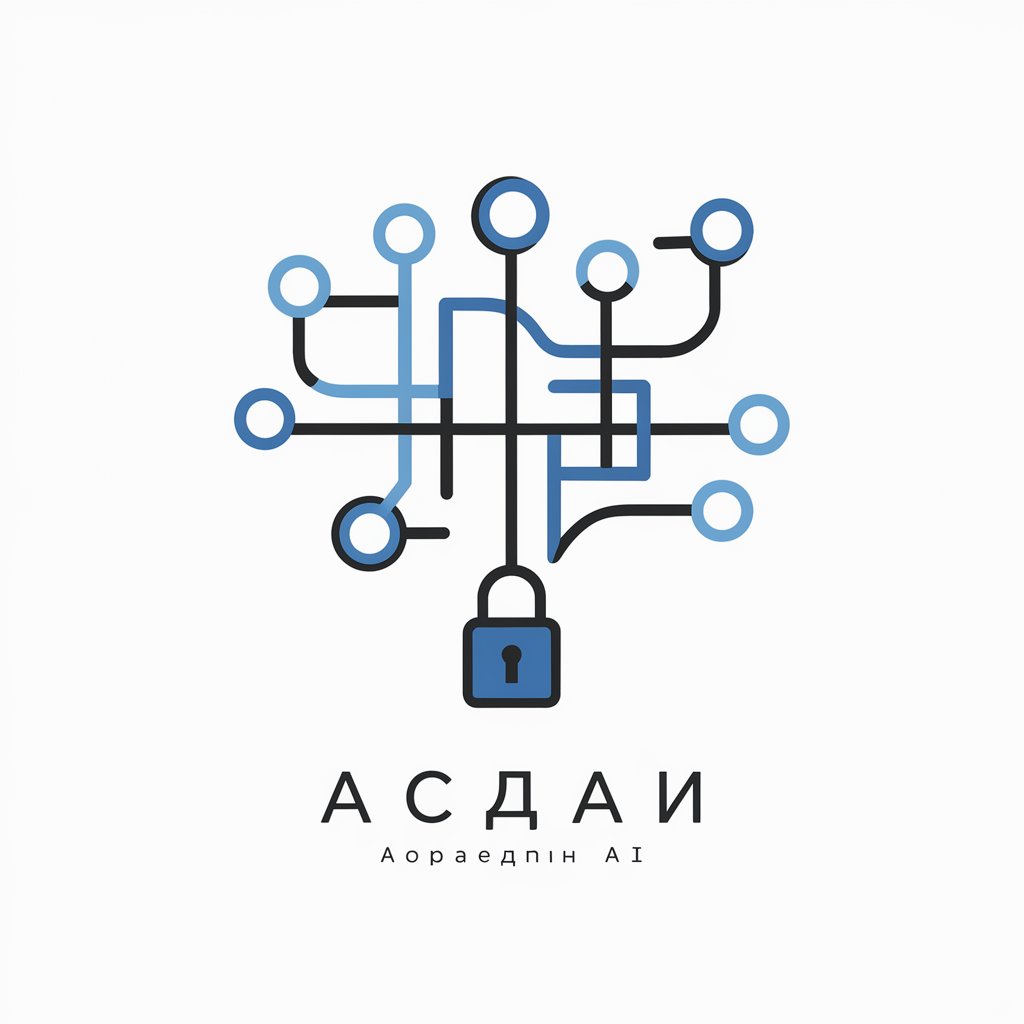
Deidentymate
Anonymize Text with AI Precision

table
Simplifying Learning with AI-Powered Tables
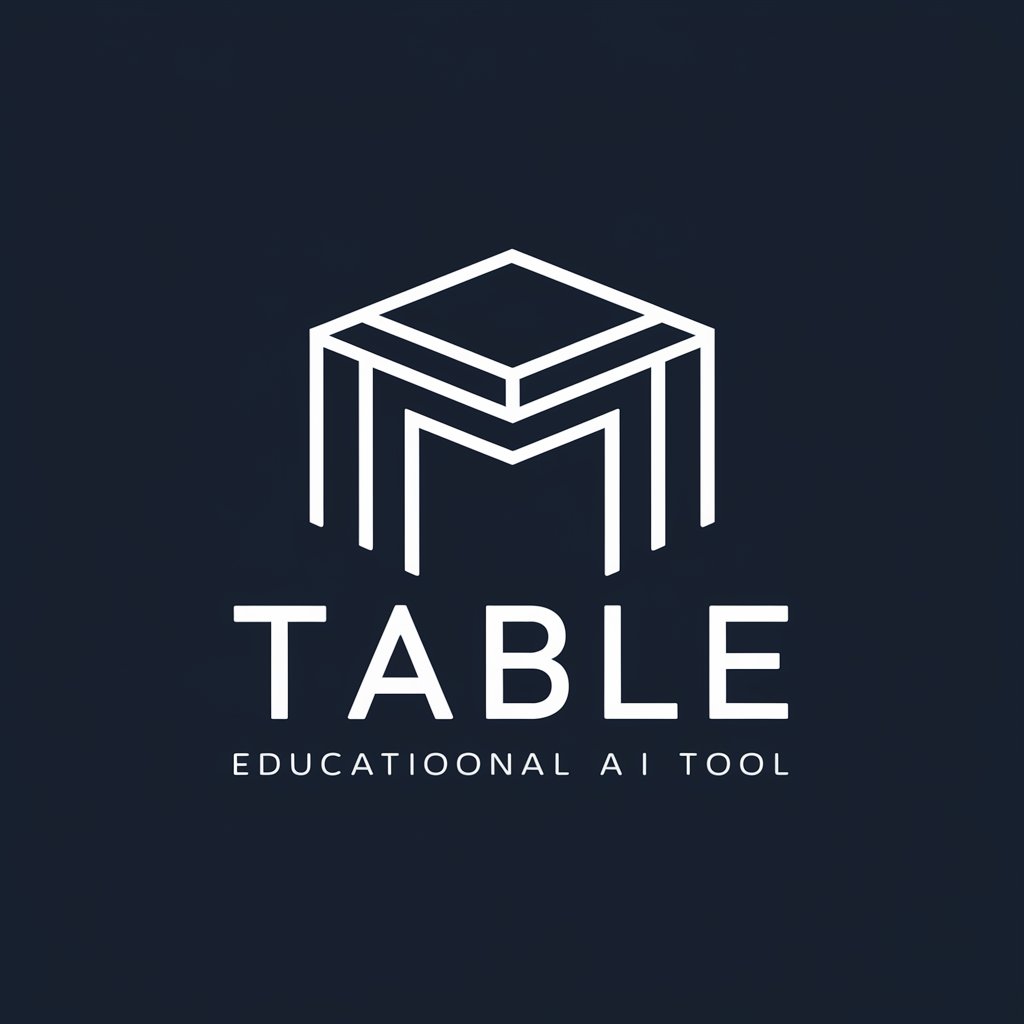
One Line Comma Separated
Transform text to comma-separated lines instantly with AI.

Listy Recipe Maker
Automate list-building with AI

JSON Transformer
Transform text to JSON effortlessly with AI.
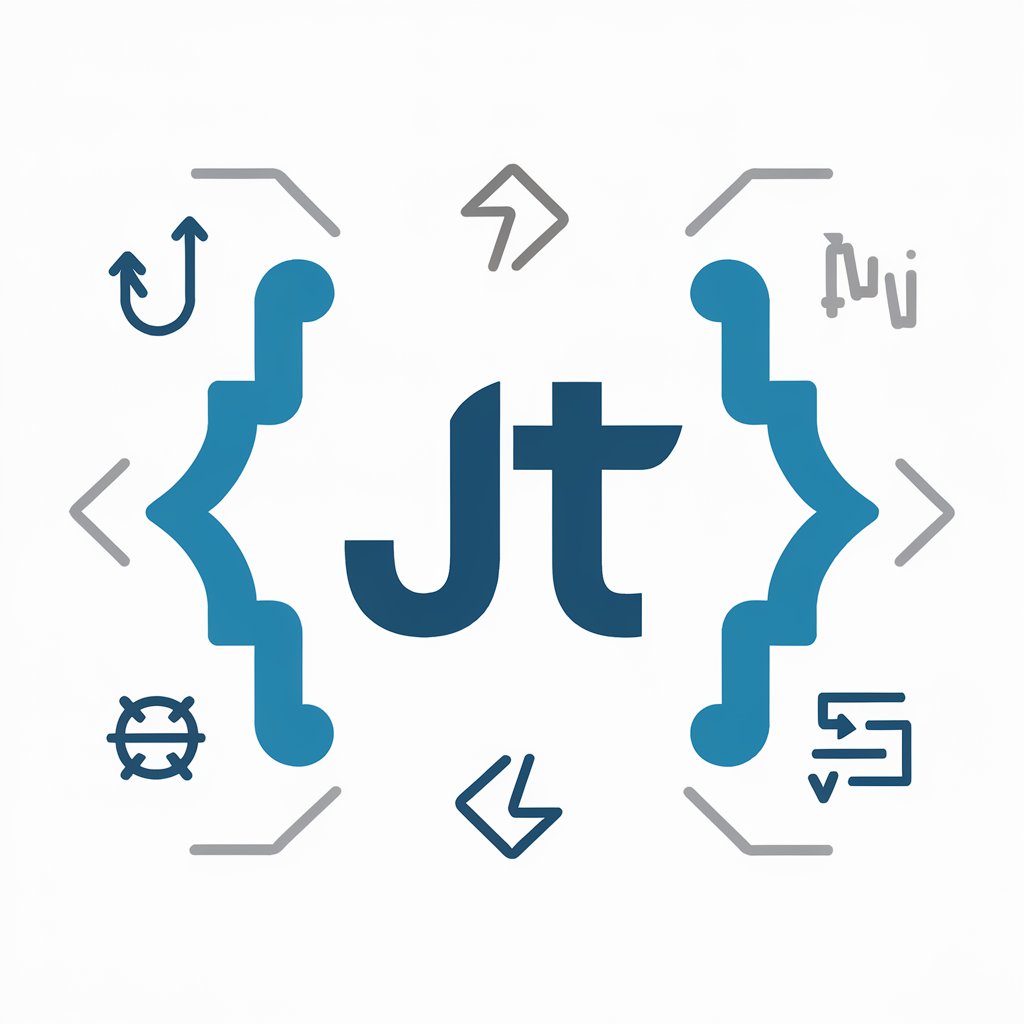
인사발령 (Personnel Information)
Tailored Insights Powered by AI
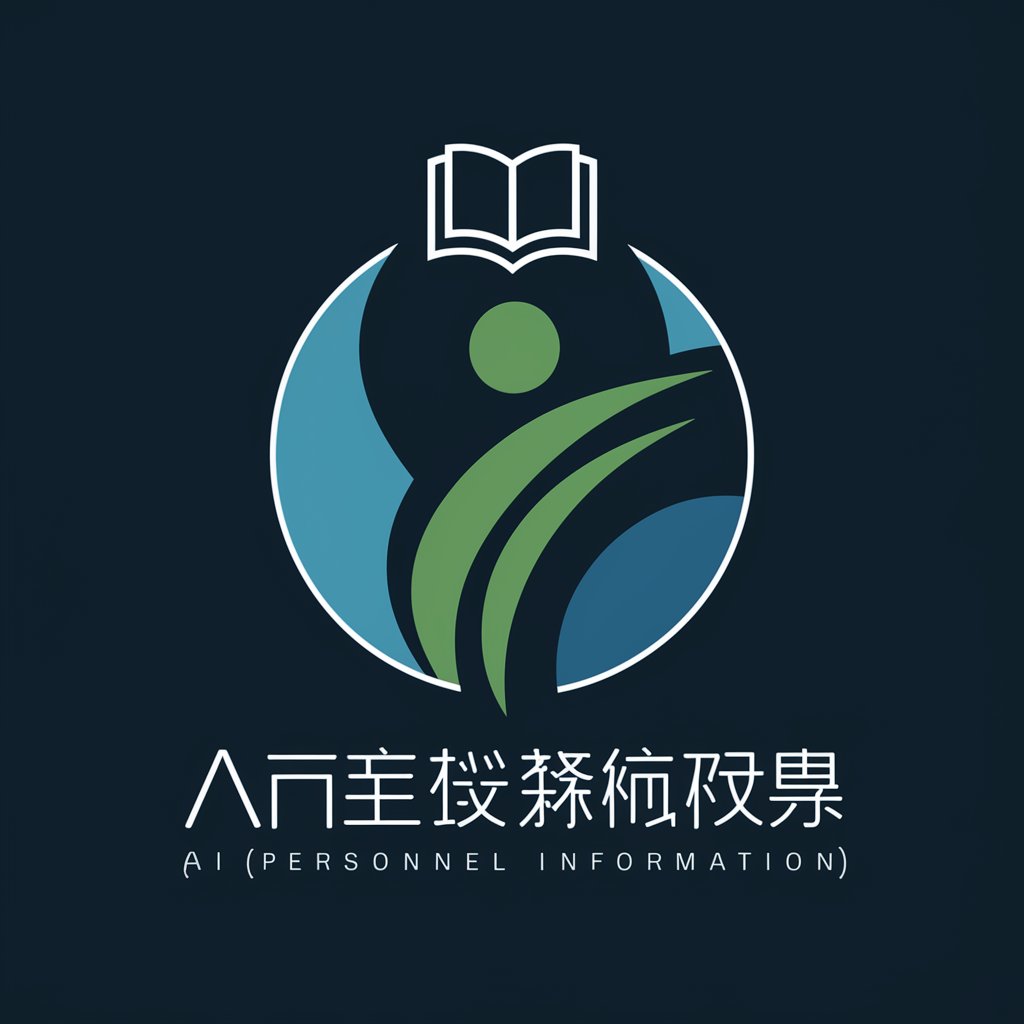
Key Attributes and Functions
AI GPTs for Information Management boast a range of unique features that cater to the diverse needs of the field. These include adaptability to both structured and unstructured data, advanced language understanding for content generation and summarization, and the ability to integrate with various information systems. Specialized capabilities such as real-time web searching, image creation based on textual descriptions, and complex data analysis further distinguish these tools. Their modular design allows for customization, scaling from simple data retrieval tasks to complex information synthesis and decision support systems.
Who Benefits from AI GPTs in Information Management
The primary users of AI GPTs for Information Management span a broad spectrum, including but not limited to, IT professionals, data analysts, content managers, and researchers. These tools are particularly beneficial for individuals without programming expertise due to their user-friendly interfaces, while also offering advanced features for developers and professionals who require more tailored functionalities. The versatility and adaptability of AI GPTs make them an invaluable asset for anyone looking to optimize information management processes.
Try Our other AI GPTs tools for Free
Customer Analysis
Discover how AI GPTs for Customer Analysis leverage advanced technology to transform customer data into actionable insights, optimizing business strategies.
Service Design
Discover how AI GPTs for Service Design revolutionize the creation, optimization, and implementation of service processes with adaptable, intelligent solutions.
Routine Optimization
Explore how AI GPTs for Routine Optimization can revolutionize your daily tasks and processes with customized, intelligent solutions.
Event Highlighting
Discover how AI GPTs revolutionize event highlighting with real-time detection, multilingual support, and customizable features for efficient information extraction and analysis.
Product Showcase
Discover how AI GPTs transform product showcasing with personalized experiences, real-time interaction, and seamless integration, enhancing engagement and efficiency.
Studio Selection
Discover how AI GPTs transform the studio selection process, offering personalized, data-driven insights to help you find the perfect studio space efficiently.
Enhancing Information Management with AI GPTs
AI GPTs revolutionize Information Management by providing customized solutions across different sectors. These tools support a wide range of functionalities, from automating data entry to generating analytical reports, making them indispensable for modern information management strategies. Their user-friendly interfaces ensure that they can be seamlessly integrated into existing workflows, offering both novices and professionals a powerful tool to enhance productivity and decision-making.
Frequently Asked Questions
What exactly are AI GPTs for Information Management?
AI GPTs for Information Management are advanced software tools designed to leverage natural language processing and machine learning for automating and enhancing tasks related to managing and processing information.
Who can use these AI GPTs tools?
These tools are designed for a wide range of users, from novices and content creators to IT professionals and data analysts, offering various levels of customization and functionality.
Can AI GPTs handle different types of data?
Yes, AI GPTs are capable of processing both structured and unstructured data, making them versatile for various information management tasks.
Are programming skills required to use AI GPTs in Information Management?
No, many AI GPTs tools are designed with user-friendly interfaces that do not require programming skills, although additional functionalities can be accessed by those with coding knowledge.
How do AI GPTs enhance Information Management?
AI GPTs enhance Information Management by automating routine tasks, providing insights through data analysis, generating content, and improving data accessibility and decision-making processes.
Can AI GPTs be integrated with existing information systems?
Yes, many AI GPTs are designed to be flexible and can be integrated with existing information management systems to enhance their functionality.
How do AI GPTs ensure data privacy and security?
AI GPTs implement various security measures, including encryption and user authentication, to protect sensitive information and ensure compliance with data privacy regulations.
What makes AI GPTs unique compared to other information management tools?
AI GPTs stand out due to their advanced natural language processing capabilities, adaptability to various data types, and the ability to generate human-like text, offering a more intuitive and efficient approach to information management.